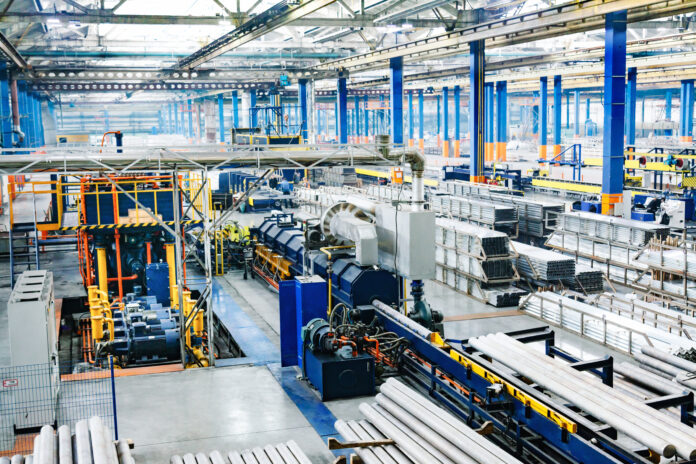
Weak demand in the Australian manufacturing sector has driven the country’s Purchasing Managers Index (PMI) to a 35-month low, according to the latest data from Judo Bank.
The headline seasonally adjusted Judo Bank Australia PMI posted 48.0 in April, down from 49.1 in March, which marks the second straight month-on-month deterioration in overall business conditions and the first back-to-back downturn in the sector since March 2020.
“Australian manufacturing is being impacted by the global manufacturing slowdown, partly a reflection of the post-pandemic drop in demand for consumer goods and partly a reflection of weaker global industrial production,” said Warren Hogan, chief economic advisor at Judo Bank.
April 2023 also saw one of the fastest declines in new orders in the survey’s seven-year history, which led to a further drop in output and reduced purchasing as firms sought to optimise inventory levels.
However, the rate of decline in new orders moderated since March due to efforts by manufacturers to complete backlogged work. Stocks of inputs fell for the sixth time in the past eight months and at the strongest rate since December 2020. Post-production inventories also saw a decrease, albeit at a weather rate than input stocks.
Survey respondents also reported subsequent financial pressures on customers, which also reflected high processes, leading to smaller orders and longer approval processes for clients.
Furthermore, new export orders slipped further into contraction territory for the fifth month running, and at the fastest pace since August 2020.
“This is a clear signal that the Australian manufacturers that are part of regional and global supply chains are increasingly feeling the impact of lacklustre world trade,” Hogan explained.
Meanwhile, global market demand remained subdued, according to panellists.
Price pressures moderated in April due to improved supply chains and weaker demand. The input index reported a result below its pre-pandemic trend level, while output prices rose further, but at the slowest rate since December 2020.
Australian manufacturers remained optimistic in April regarding output over the next 12 months, but the level of sentiment eased for the third straight month to the weakest since April 2020.
“We are seeing no signs of economic recession in recent PMI results although elevated interest rates and intense pressures on household budgets are likely to result in a further slowdown in activity over the second half of 2023,” Hogan said.




















